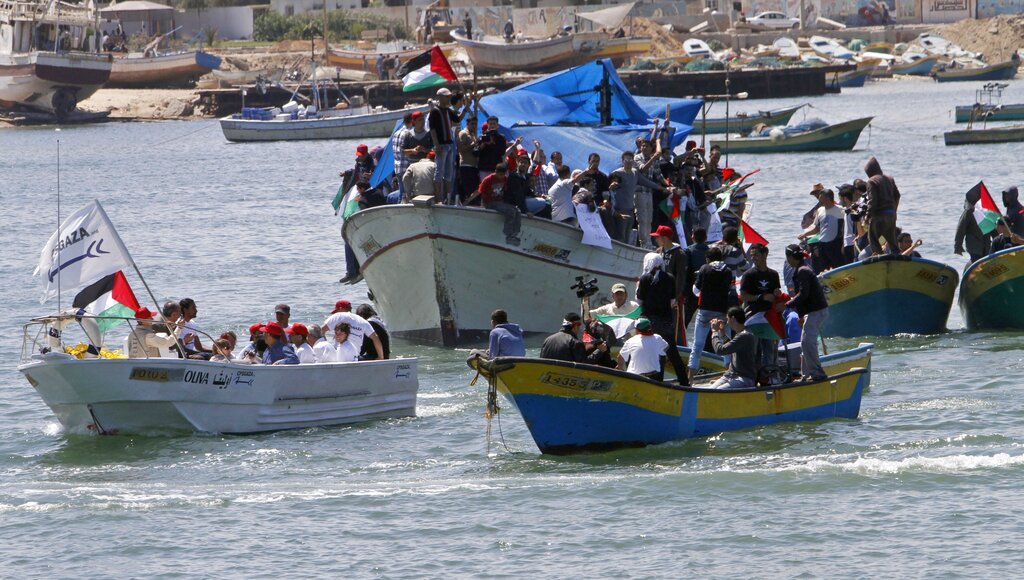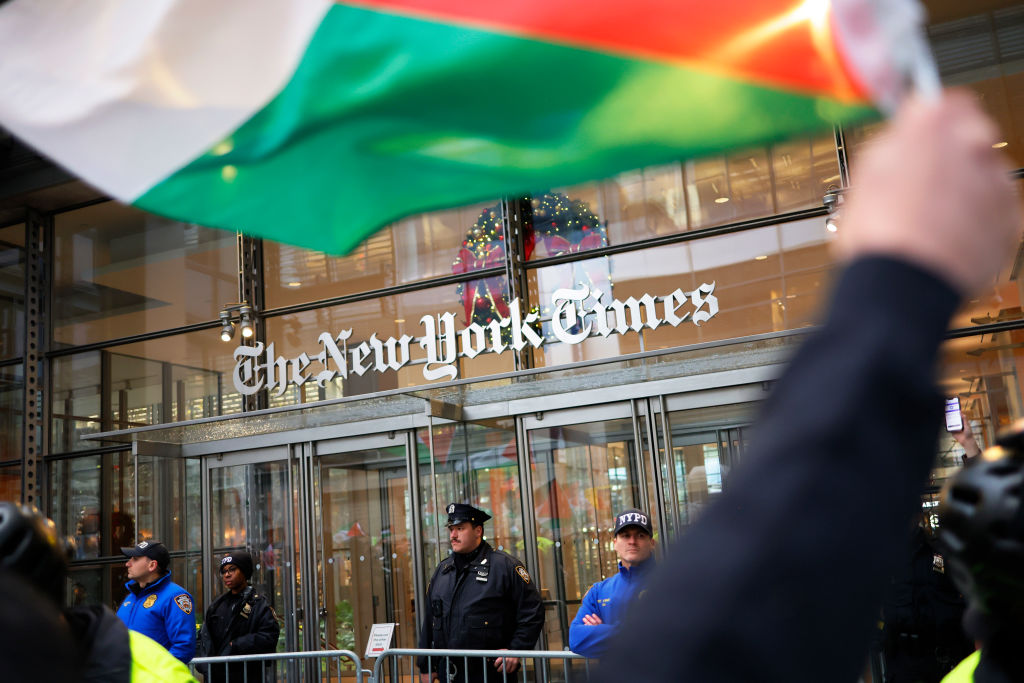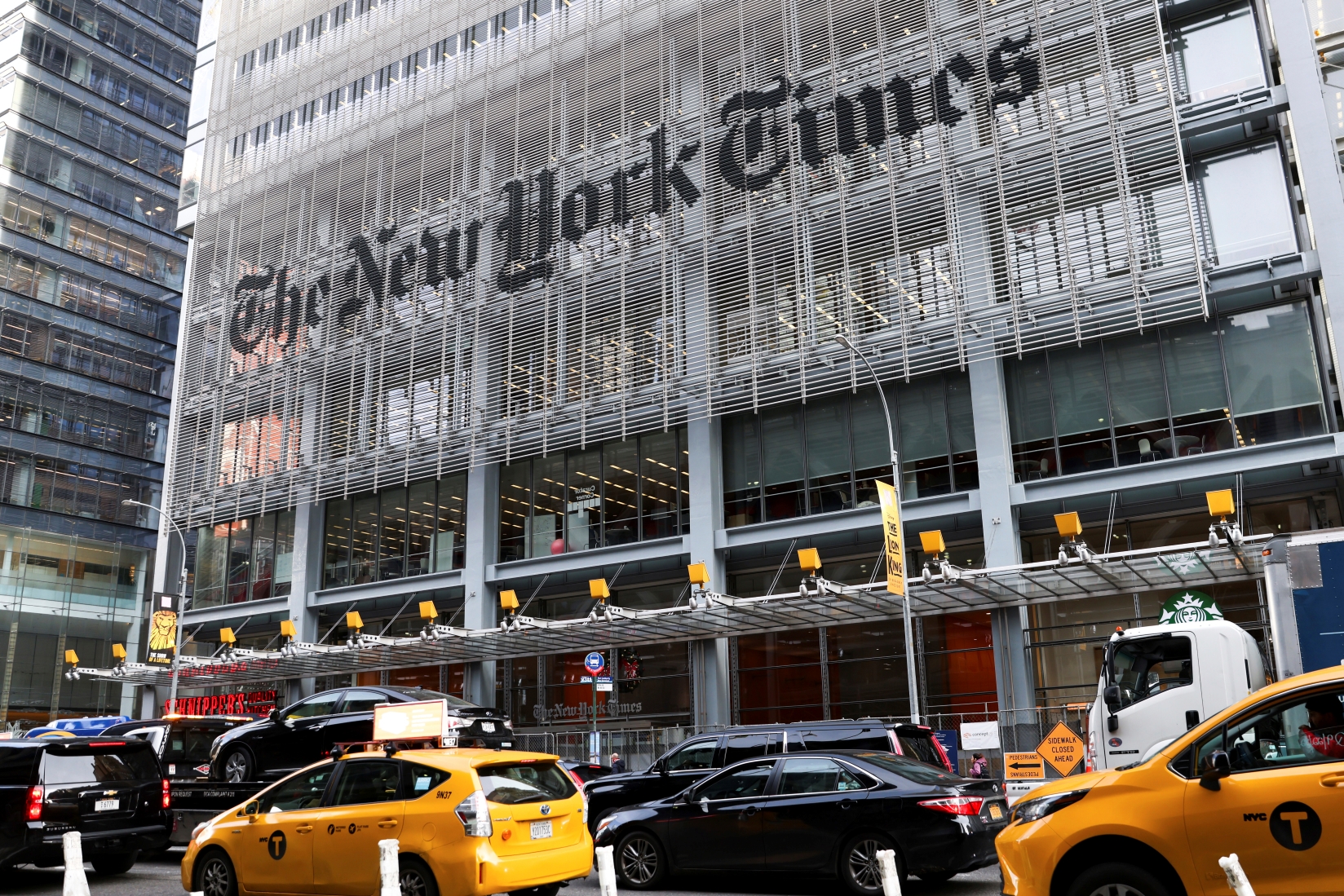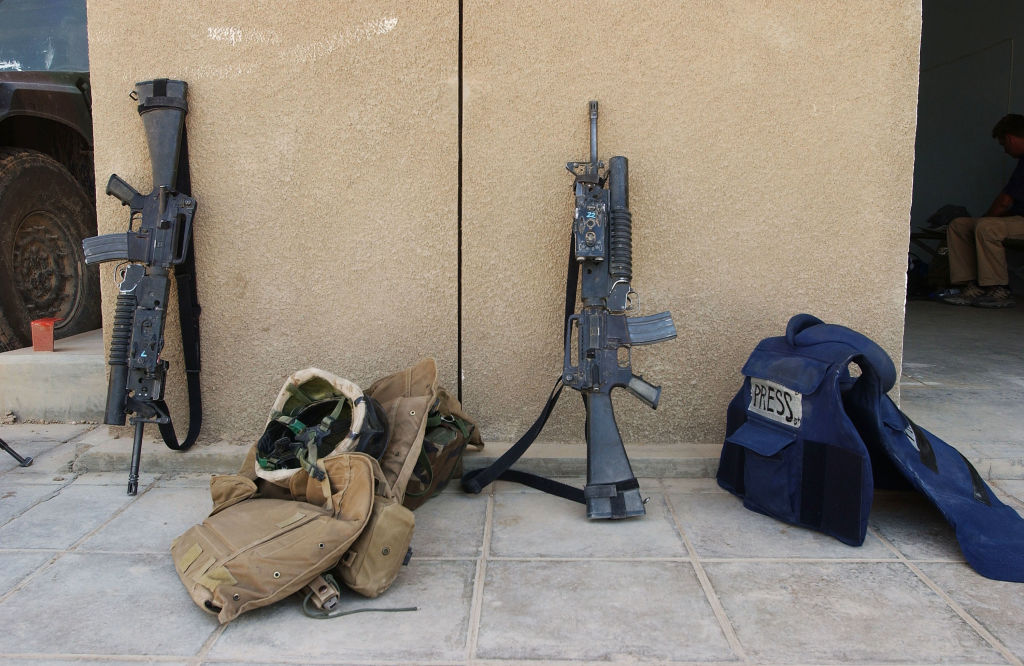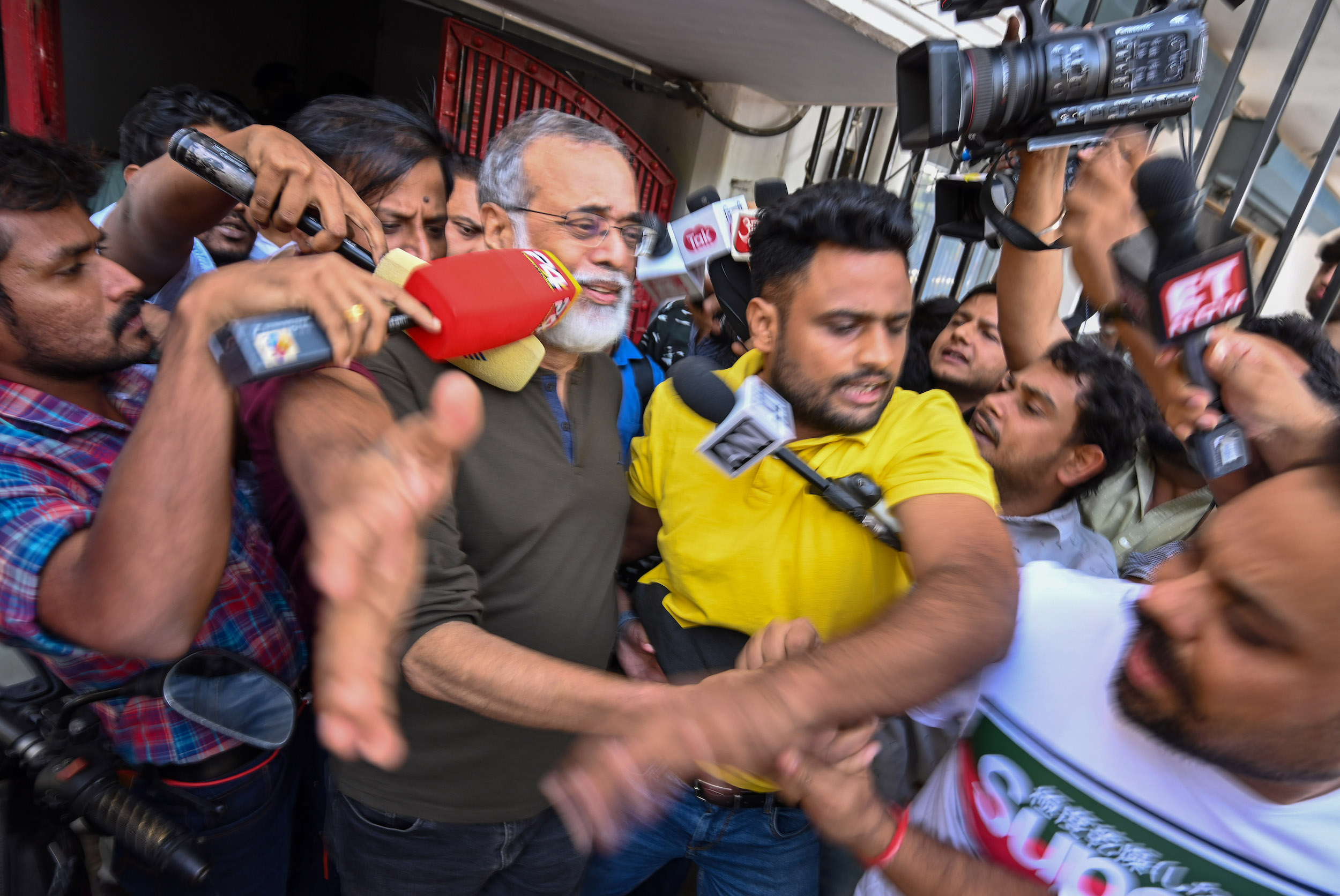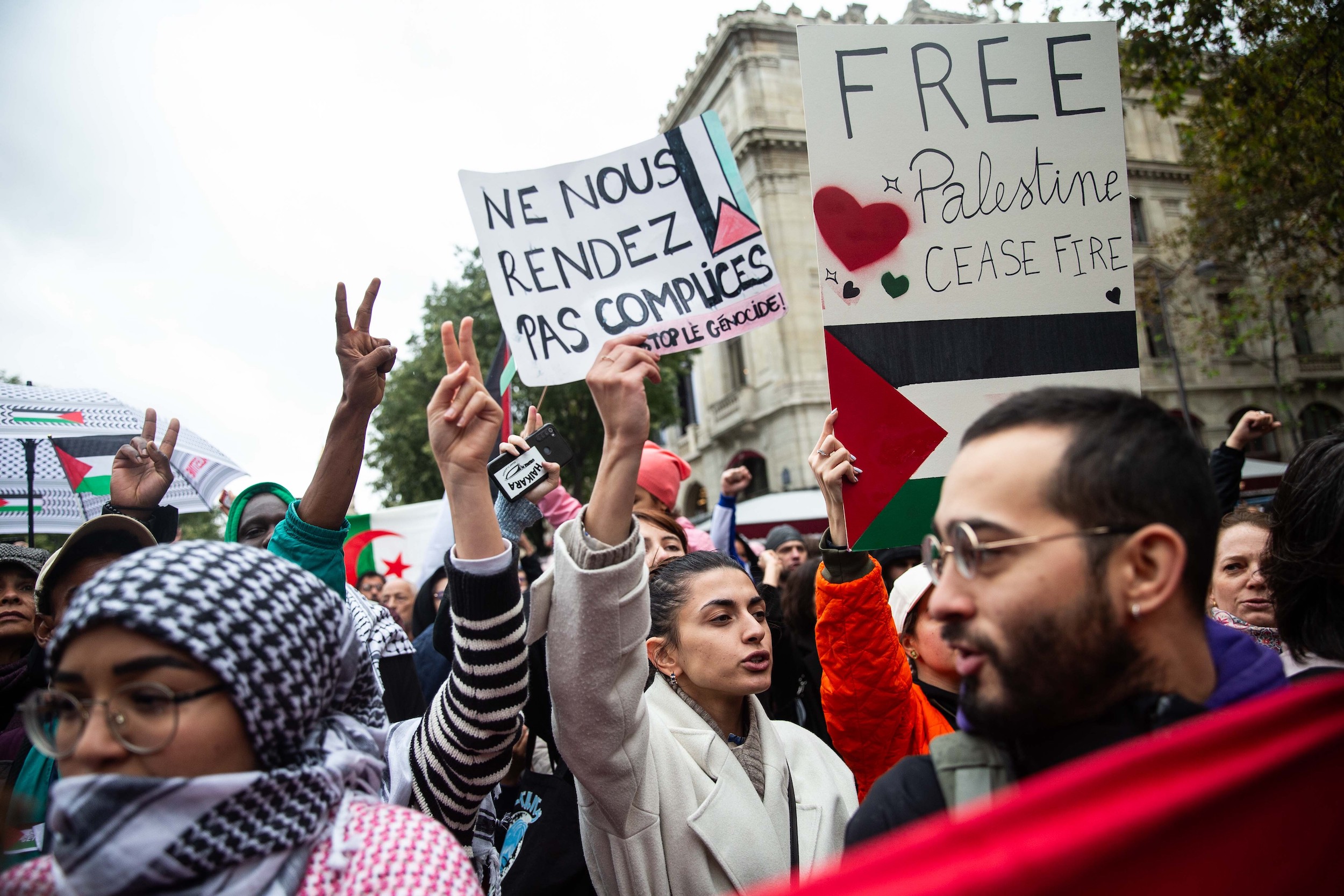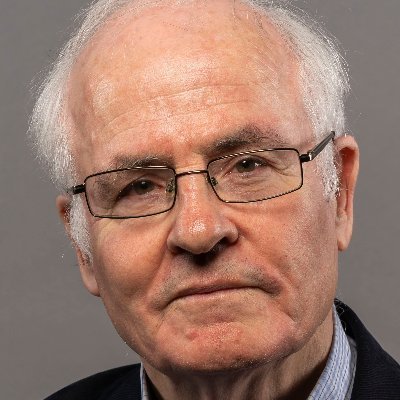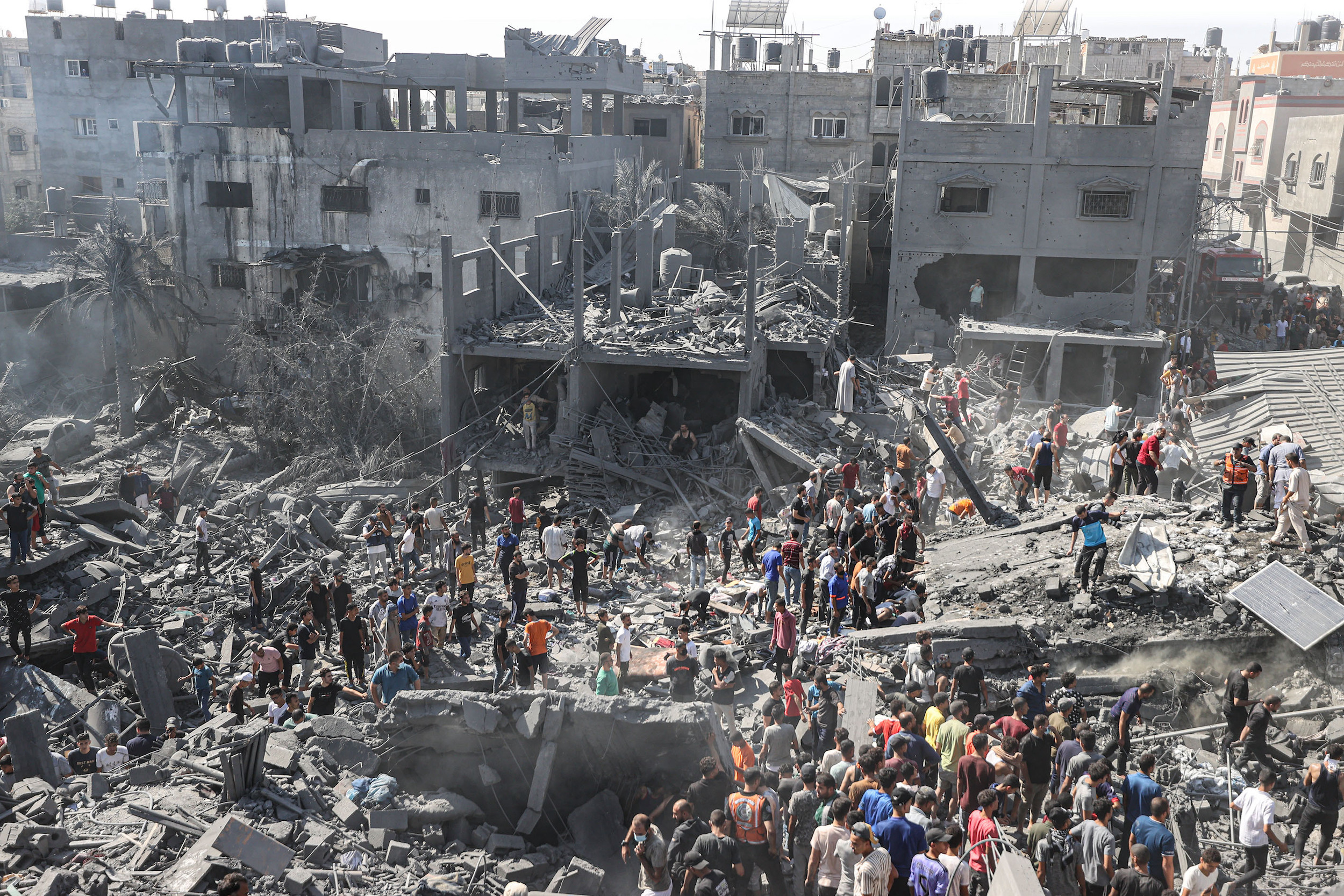لا تكاد الانتقادات للإعلام الفرنسي تتوقف سواء من الداخل، كما حدث أثناء تغطية أحداث السترات الصفراء عندما اتهم المتظاهرون وسائل الإعلام بالتحيّز إلى الرواية الرسمية، أو من الخارج، عندما نشرت صحيفة "واشنطن بوست" تقريرًا مطولا انتقدت فيه ما أسمتها حالة "الهستيريا" التي انتابت الإعلام الفرنسي بسبب إعلان تجاري لشركة مستلزمات رياضية، تضمّن ملابس للمحجبات الراغبات في ممارسة الرياضة.
درس أميركي بريطاني للفرنسيين
المقال الذي كتبه مراسل الصحيفة الأميركية في فرنسا، والذي مزج بين النقد والسخرية السوداء، تعمّق في وصف الحالة الاستثنائية الفرنسية في التعامل مع الإسلام، خصوصاً لدى حديثه عن العلمانية في الجمهورية ومبادئها الصارمة، التي لا تظهر إلا في التعامل مع رمز يرتبط بالمسلمين، كما هو الحال بالنسبة للحجاب، حيث ظهرت دعوات لمقاطعة الشركات التي أعلنت عن ملابس رياضية للمحجبات. واستنكرت العديد من وسائل الإعلام الفرنسية وحتى السياسيين، نشر هذه المؤسسة إعلاناً كهذا، مما دفع الشركة لسحبه إضافة إلى سحب الملابس من مختلف محلاتها.
الصحيفة الأميركية استغربت كيف تحوّل اختيار النساء المسلمات للباسهن إلى "مأساة وفضيحة في فرنسا"، وهذه ليست المرة الأولى التي يكون فيها لباس المسلمة محل نقاش إعلامي وسياسي فرنسي. ففي العام 2016، أثير جدل حول "البوركيني"، أي الزي الذي ترتديه المحجبة الراغبة في السباحة. وخلال تلك الفترة أيضا، ظهرت المطالبات بمنعه من كل شواطئ فرنسا.
وتحدثت "واشنطن بوست" عن أن زي المسلمة تحوّل إلى قضية دولة، وربما يمكن تفسير ذلك بالتجاذبات السياسية في البلاد. لكن ما لا تستسيغه الصحيفة في مقالها هو انسياق وسائل الإعلام الفرنسية وراء هذا الجدل الذي يفرض الوصاية على المرأة ويخوض في نقاش حول طريقة لباسها، في إخلال تام بمبدأ حرية الرأي والتعبير. ويسخر المقال من السياسيين الفرنسيين الذين تركوا كل مشاكلهم السياسية للاهتمام بحل قضية الملابس الرياضية للمحجبات.
ويصل المقال إلى عمق المعضلة الفرنسية، وتعاملها مع العلمانية التي توصف بالصارمة في الجمهورية، بإظهار المفارقة بين ما توصف به فرنسا، بكونها بلدا علمانيا لا يسمح بأي مظهر ديني، "باستثناء احتفالات أعياد الميلاد التي هي أعياد دينية، كما أن كل المؤسسات العمومية تغلق في الأعياد المسيحية"، وهي سخرية سوداء استعملها كاتب المقال ليضع يده على الجرح أو الحرج الفرنسي في تفسير العلمانية بطريقة مزاجية.
هذا الموقف المستغرب لتركيز الإعلام الفرنسي على لباس المسلمات، عبرت عنه حتى صحيفة "الغارديان" التي قالت إن هذا الموضوع تحول إلى مادة دسمة ومفضلة للطبقة السياسية الفرنسية منذ العام 2010، عندما قرر الرئيس الفرنسي السابق منع البرقع، ثم قيام الشرطة الفرنسية بمعارضة ارتداء المحجبات لملابس السباحة قبل ثلاث سنوات، أما شبكة "بي.بي.سي" البريطانية، فذكرت أنه ينبغي على الفرنسيين التوقف عن هذا الهوس بفرض طريقة لباس معينة على النساء، خصوصا فيما يتعلق بالمرأة المسلمة.
وحتى موقع "أي.بي.سي" الأميركي تحدث بسخرية لاذعة عن هذه الضجة الإعلامية التي تعتبر عادية في بلد يعيش حالة من التشنج في التعامل مع الحجاب، وهو ما يؤدي دائماً إلى ردود فعل غير متوازنة في كل مرة يثار فيها النقاش حول اللباس.
خلاف قديم جديد
الخلاف بين الصحافة الفرنسية والأنجلوسكسونية حول تغطية ملفات متعلقة بالإسلام والمسلمين، ليس حديث العهد، فقد بلغ أوجه خلال الهجوم على مجلة "شارلي إيبدو"، حيث دعت الصحف الفرنسية جميع وسائل الإعلام العالمية إلى إعادة نشر الرسوم الكاريكاتيرية المسيئة للإسلام والنبي والذات الإلهية، كنوع من التضامن مع المجلة، وهو ما رفضته الصحف الأميركية والبريطانية، معتبرة أن الأمر يمس بالمهنية.
ورفضت "نيويورك تايمز" أن تعيد نشر الرسوم الكاريكاتيرية التي تستهزئ من النبي محمد عليه الصلاة والسلام، مبررة هذا القرار بكون إعادة نشر هذه الرسوم "سيصدم عددا كبيرا من قراء المجلة في العالم"، مضيفة أنها "تراعي مشاعر قرائها كيفما كانت انتماءاتهم". وبموقف مشابه، رفضت صحيفة "واشنطن بوست" نشر الرسومات المسيئة للنبي محمد، وقالت إن المعايير الصحفية في الولايات المتحدة تختلف عن فرنسا، "ونعتبر أن إعادة نشر هذه الرسوم إساءة لشريحة من قرائنا"، وهنا نجد اختلاف المعايير المهنية، فالتقاليد في الصحافة الأميركية والأعراف الصحفية تحرص على البقاء بعيداً عن الاعتقاد الفردي لكل شخص، وتعتبره حرية فردية لا يجوز التدخل فيها. وهناك تعريف جميل لصحيفة "الغارديان" لحرية التعبير تقول فيه إنها "لا تعني أن نقوم بأي شيء نريده فقط لأننا نملك القدرة على القيام به".
أما صحيفة "الفايننشال تايمز" البريطانية فهي تعتبر أن أي تدخل في معتقدات الناس واستفزازهم أمر "غبي"، كما ترى أن الاستهانة برموز أي دين لا يعتبر دفاعا عن حرية الرأي والتعبير، بل "في الحقيقة هو توجيه ضربة للحرية عندما تستفز معتنقي أي ديانة".
تكريس العزلة الفرنسية
الدرس الأميركي البريطاني للإعلام الفرنسي لم يستسغه صحفيون فرنسيون، خصوصا المحسوبين على اليمين واليمين الشعبوي، كما هو الحال بالنسبة للكاتبة الفرنسية كارولين فوريست المعروفة بمواقفها المعادية للإسلام، التي كتبت افتتاحية في صحيفة "ماريان" الشعبوية تقول فيها إن أسهل طريقة للنجاح في الصحافة الأميركية والبريطانية لا تكون بالتحقيق في "الصعود المخيف للتطرف الديني في أوروبا"، فالأمر خطير ويتطلب وقتاً طويلا، لكن هناك طريقة أفضل وهي السخرية من "الهوس" الفرنسي لفرض الوصاية على لباس المرأة المسلمة.
الكاتبة الفرنسية انتقدت طريقة الاستهزاء التي تتعامل بها صحف مثل "نيويورك تايمز"، و"الغارديان"، و"واشنطن بوست"، وشبكة "بي.بي.سي"، مع موضوع الحجاب في فرنسا، متهمة كل هذه الوسائل الإعلامية بعدم فهم ومعرفة فرنسا بالشكل المطلوب، وأن الطرح مسكون بالصور النمطية. وتستغرب الكاتبة كيف يمكن اتهام بلادها بالعنصرية والظلامية، أو اعتبارها ضد حرية التعبير وضد مبادئ الحداثة، معتبرة أن هذه الحملة ضد الزي الرياضي ليس الهدف منها إخبار المرأة المسلمة كيف ترتدي ثيابها أو منع بيع الحجاب، وإنما يتعلق الأمر بلفت الانتباه إلى مشكلة حقيقية في ظرفية خاصة، وهذه الأخيرة تتسم -بحسب كاترين فوريست- بتزايد مظاهر التطرف في المجتمع وارتفاع عدد الشباب الفرنسي الذي التحق بتنظيم الدولة في سوريا والعراق.
تفسير اختزالي يربط بشكل غير مباشر بين الحجاب والتطرف، دون الغوص في لب المشكلة عن أسباب التشنج الفرنسي كلما تعلق الأمر برمز يتعلق بالإسلام، ولا يرد على ما تطرحه الصحف البريطانية والأميركية من كون العلمانية لم تكن أبداً تهدف إلى التعليق على ما يرتديه الناس، والتعامل بانتقائية مع الرموز الدينية. كما أنها تغفل عما هو أهم، أي المسؤولية المهنية لوسائل الإعلام في احترام معتقدات القراء والبحث في عمق مشاكل المجتمعات، وطرح الأسئلة الحقيقية عن أسباب التطرف بين الشباب، والعنصرية، وتزايد شعبية اليمين المتطرف.
لقد كرس التعامل الإعلامي الفرنسي مع قضية الملابس الرياضية للمحجبات عزلة الصحافة الفرنسية في العالم الغربي، ووسّع الهوة بينها وبين الصحف البريطانية والأميركية في تصور حرية التعبير، والتعامل مع موضوع حارق كالدين، وتصور مفهوم العلمانية. ومن المفارقات أنه عندما كانت الحملة مستعرة ضد إعلان الزي الرياضي للنساء المسلمات في فرنسا، كان هناك إعلان آخر يعرض في حفل الأوسكار بالولايات المتحدة، يتناول نساء رياضيات ألهمن العالم، من بينهن رياضيات مسلمات يرتدين ملابس رياضية خاصة بالمحجبات.

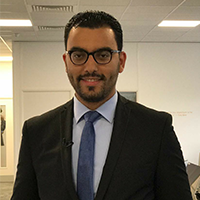


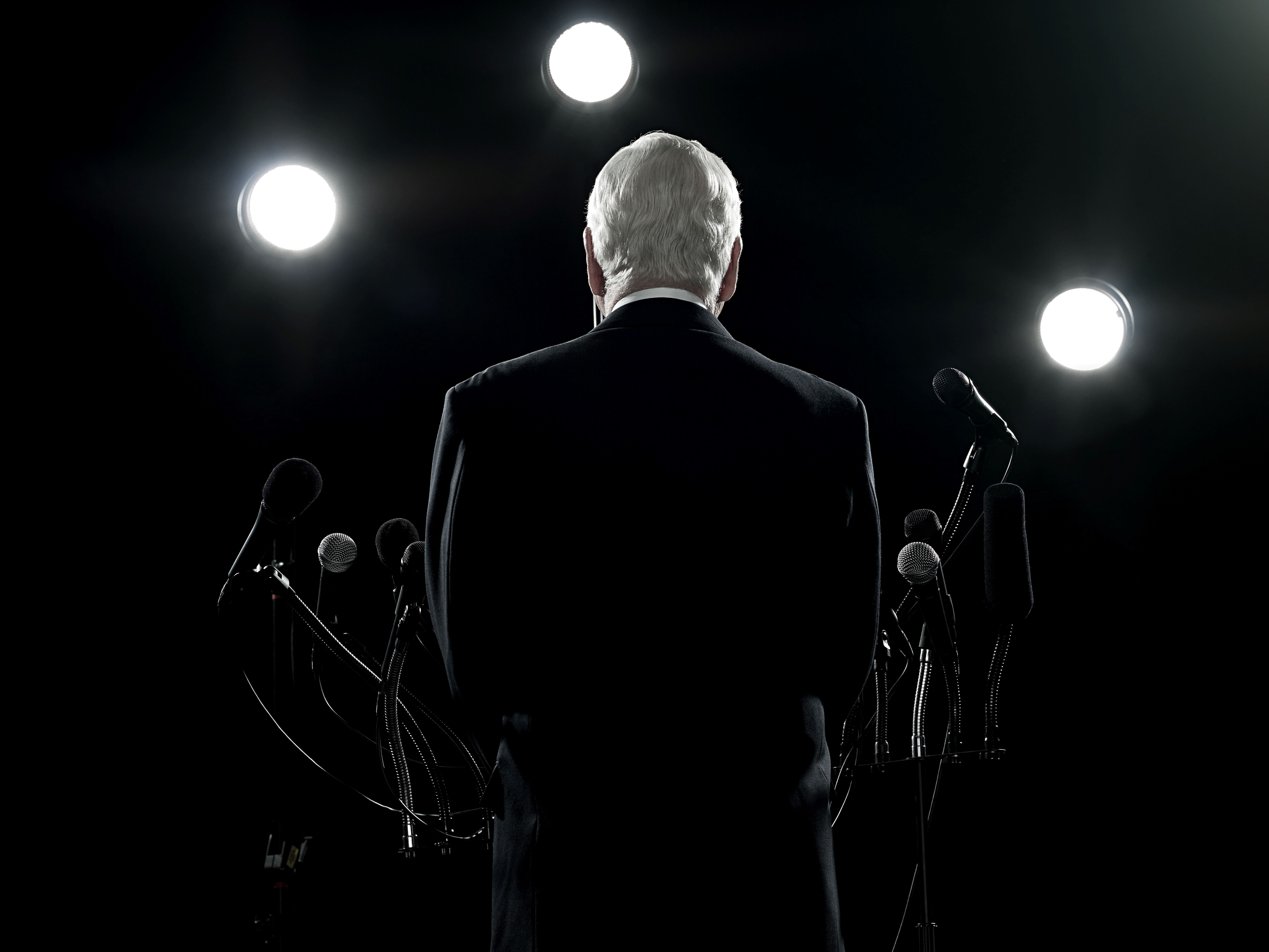



















![A demonstration against Israel's war on Gaza on Paulista Avenue in São Paulo on November 4, 2023, draws attention to the deaths of children while the media focuses on the war against terrorists. [Photo: Lina Bakr]](/sites/default/files/ajr/2024/Picture1.png)

